 Shutterstock
Shutterstock
Dogs are lovable companions, but certain breeds bring destruction that can keep even the most prepared owners on their toes. From tearing up couches to digging holes in the yard or chewing through anything they find, these dogs have boundless energy, curiosity, and a determination that makes them “masters of destruction.” It’s not that these dogs are “bad,” but their strong instincts, high energy levels, and intelligence often lead to unintended chaos. Be prepared for some delightful mayhem if you’re considering one of these lively breeds.
Labrador Retriever
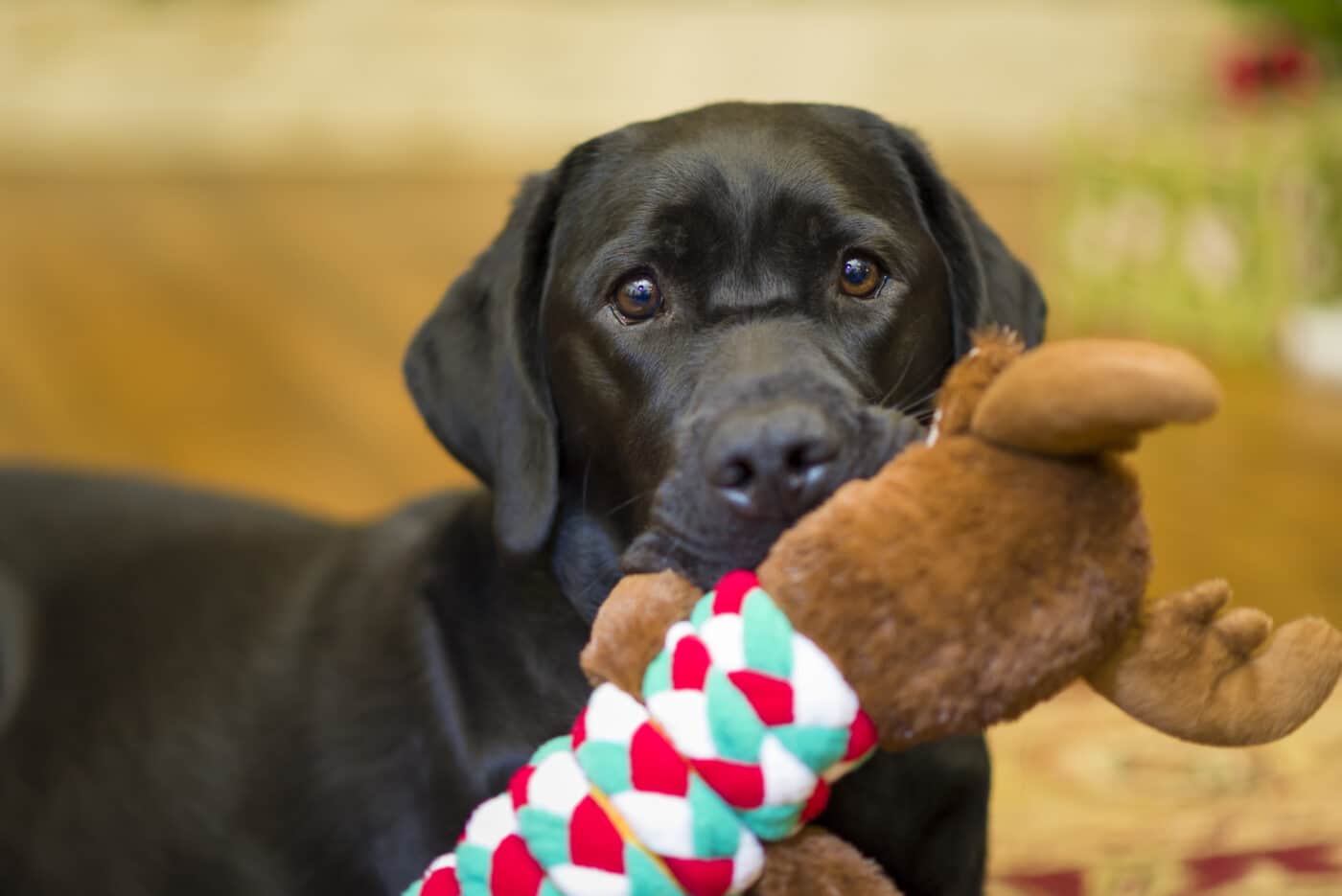 Shutterstock
Shutterstock
Labradors are known for their friendly and sociable nature but also have an impressive amount of energy. Labs, especially when young, are notorious for chewing just about anything they can find—shoes, furniture, and even walls. Their powerful jaws and curiosity make them quick to explore with their mouths. Without proper exercise and mental stimulation, a Labrador can easily become a whirlwind of destruction, leaving a trail of chewed items behind. Regular exercise and plenty of chew toys are essential to control a Labrador’s need for exploration and chewing.
Beagle
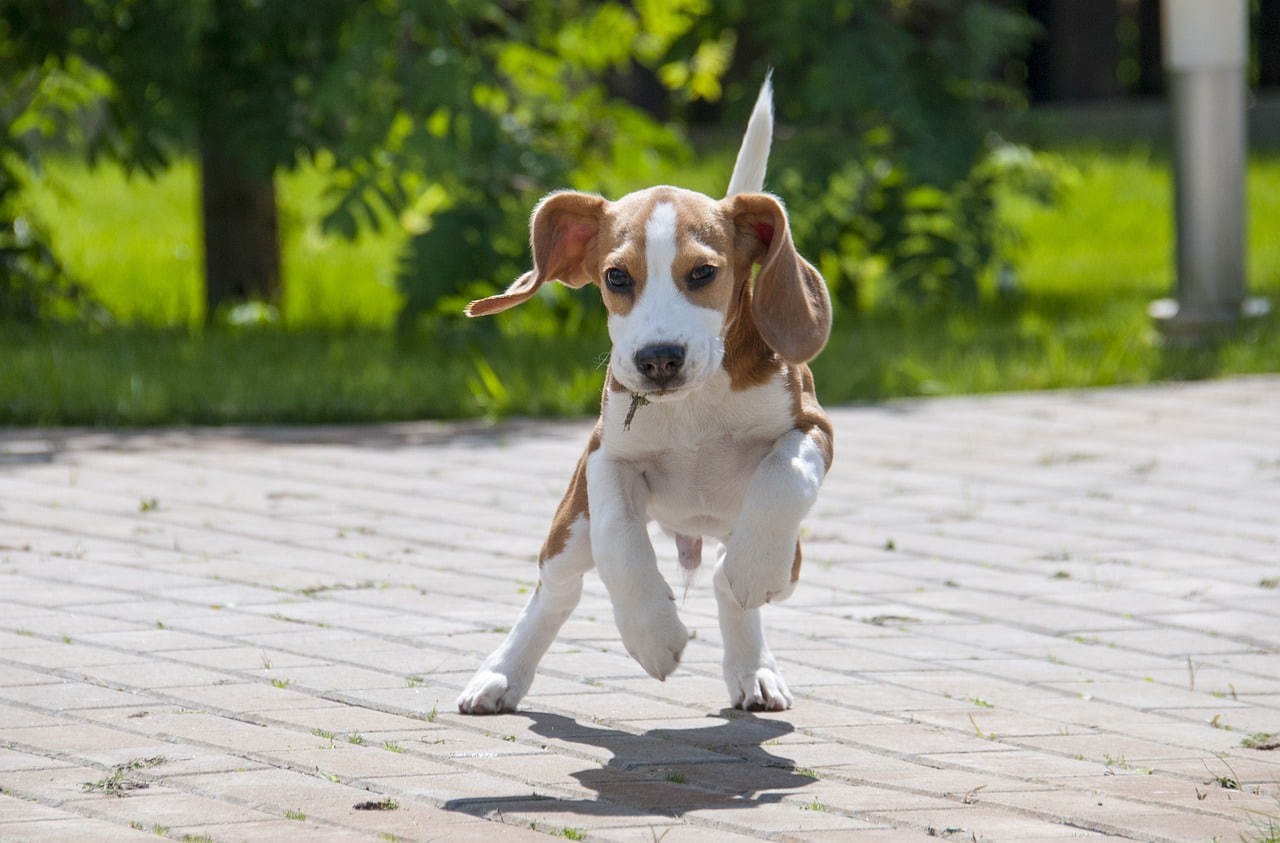 Shutterstock
Shutterstock
Beagles are lovable, affectionate dogs with a powerful nose that often leads them into mischief. Known for their curiosity and persistence, Beagles can be troublemakers when left to their own devices. They have a knack for digging and are skilled escape artists, often finding ways to get into food cabinets, trash cans, and other enticing areas. If left unsupervised or under-stimulated, Beagles can cause considerable damage. Their hunting instincts and cleverness make them a joy to be around and a challenge to manage without proper guidance.
Siberian Husky
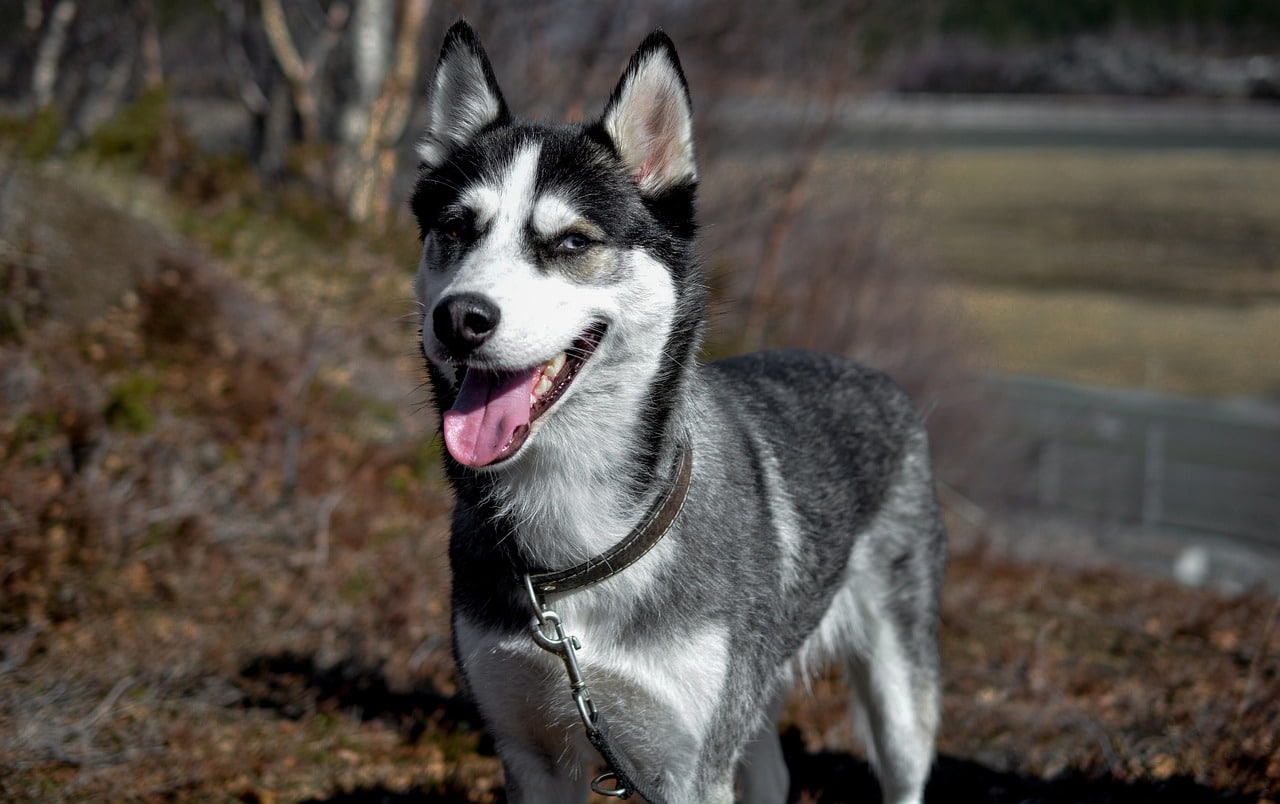 Shutterstock
Shutterstock
Siberian Huskies are famous for their independent and adventurous spirits. Known for their love of digging and high energy levels, Huskies often dig and chew if they’re bored or lack exercise. Their thick coats make them comfortable in all sorts of weather, and they’re known to dig up yards easily. Huskies also have a stubborn streak, which can lead to destructive behavior without consistent training and a lot of exercise. Without a proper outlet for their energy, a Husky’s tendency toward destruction can turn any backyard into a crater field.
Jack Russell Terrier
 Shutterstock
Shutterstock
Jack Russells may be small, but they pack a powerful punch regarding energy and destruction. These dogs are highly intelligent and have an intense prey drive, which can lead to relentless digging and chewing. Known for their enthusiasm and determination, Jack Russells can quickly dismantle toys, dig up gardens, and chew through almost anything if bored or under-stimulated. Their high intelligence means they need constant mental and physical stimulation to stay content, and without it, they can quickly turn their attention to your furniture, shoes, or yard.
Boxer
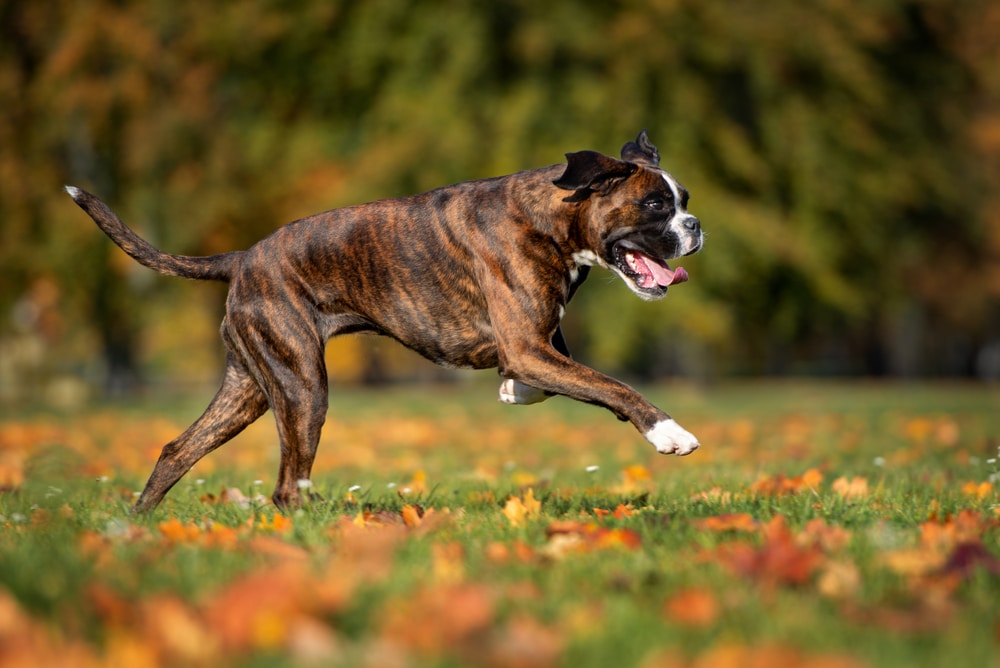 Shutterstock
Shutterstock
Boxers are affectionate, playful dogs with abundant energy that can easily become overwhelming without proper outlets. Known for their love of play, Boxers are natural-born chewers and diggers, often tearing through toys and sometimes even household items. Their strong jaws and playful nature enable them to dismantle almost anything in their path. Boxers are highly social and need lots of interaction, making them great pets for active owners but potentially destructive if left alone for long periods. Regular exercise and durable toys are essential to keep a Boxer entertained and less mischief-prone.
Dalmatian
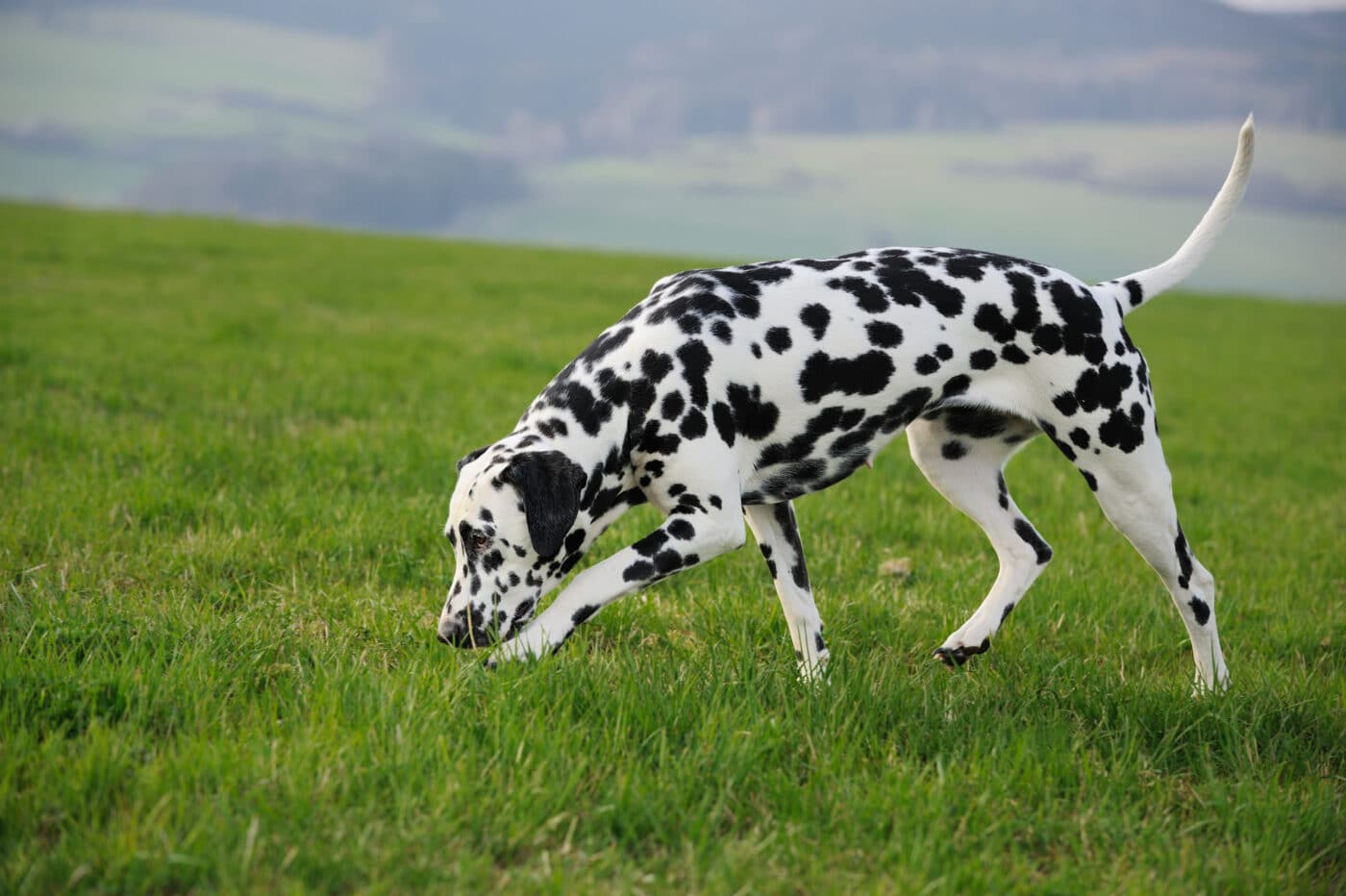 Shutterstock
Shutterstock
Dalmatians are known for their striking appearance and high energy levels. As a breed with a history as carriage dogs, they’re incredibly athletic and require a lot of exercise. Dalmatians can become restless without sufficient activity and resort to destructive behaviors like chewing, digging, or scratching. These dogs are intelligent and need mental stimulation to keep them engaged. Dalmatians can turn their energetic nature into household destruction if they’re not provided with enough physical and mental outlets. Engaging toys and ample exercise are essential to prevent these spirited dogs from wreaking havoc.
Australian Shepherd
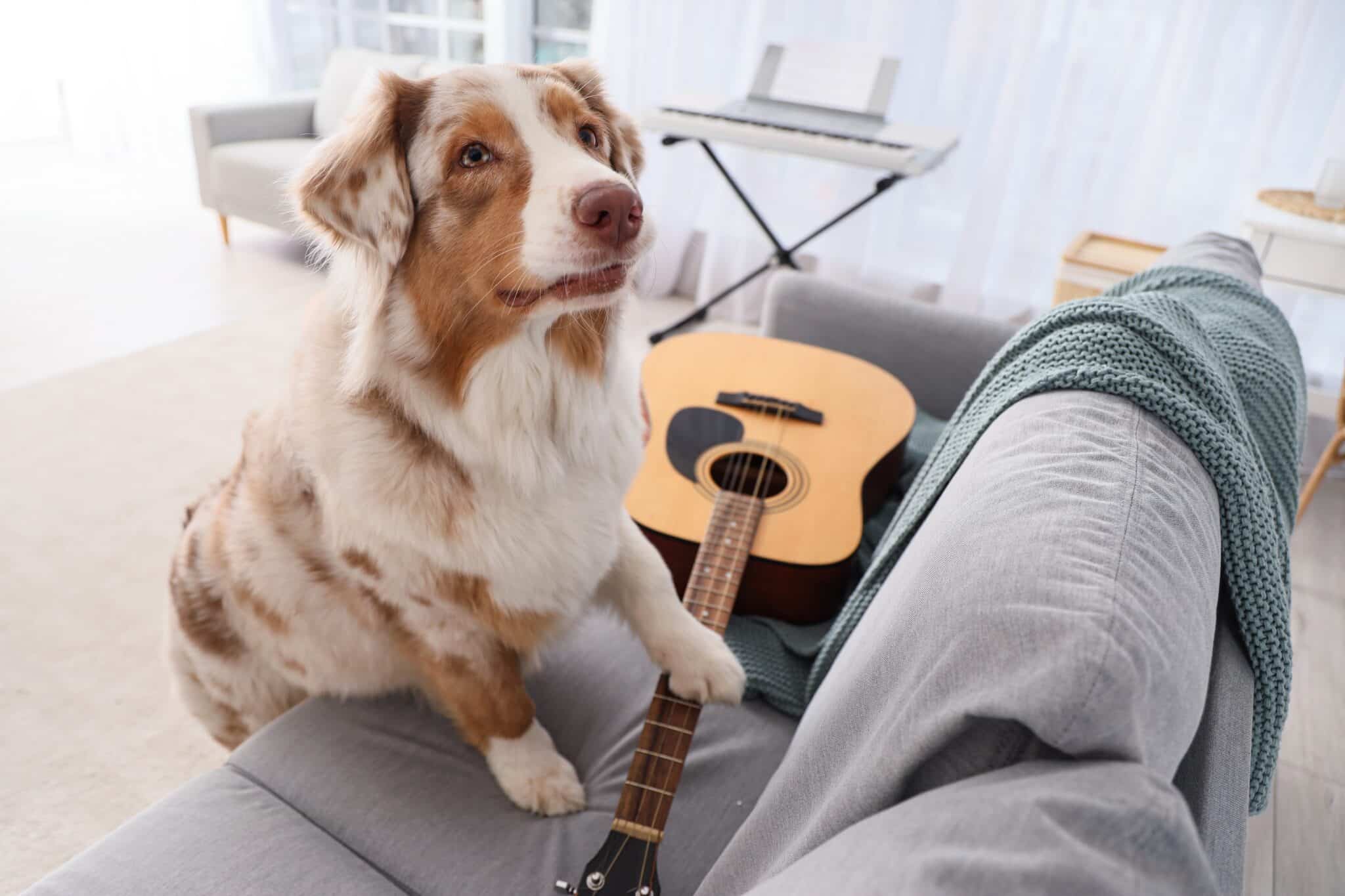 Shutterstock
Shutterstock
Australian Shepherds are intelligent, high-energy herding dogs that need constant mental and physical stimulation. Known for their sharp minds, these dogs are happiest when they have a job to do, but without it, they can become easily bored and destructive. Australian Shepherds are prone to chewing, digging, and even trying to “herd” furniture if they lack sufficient outlets. Their natural instinct to stay busy and their boundless energy make them a challenging breed to keep entertained. Plenty of exercise, training, and puzzle toys are crucial to prevent an Australian Shepherd from turning your home into their personal playground.
Border Collie
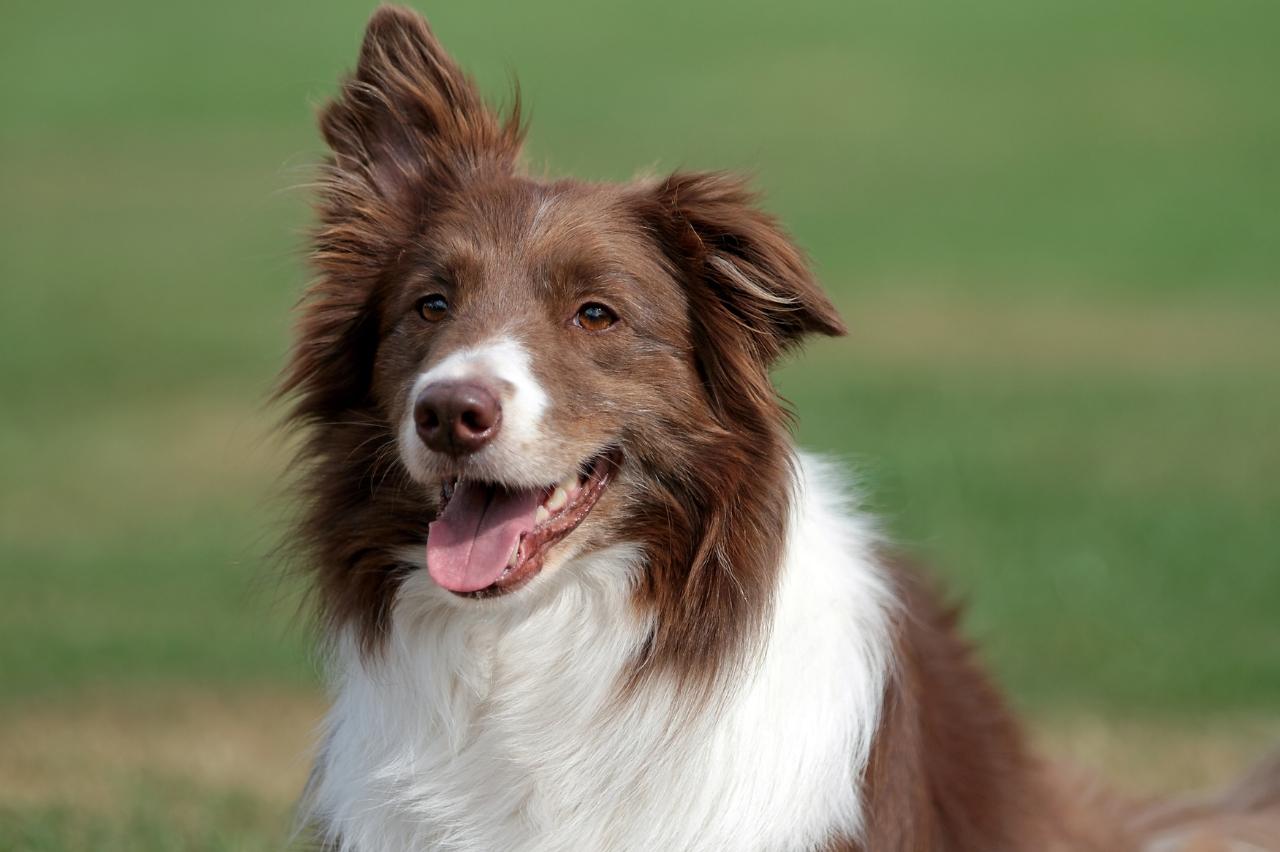 Shutterstock
Shutterstock
Border Collies are among the most intelligent dog breeds, and their sharp minds require constant engagement. With their herding instincts and high energy levels, Border Collies are notorious for getting into mischief if they’re not provided with ample exercise and mental challenges. Their tendency to “herd” objects and chew on household items can lead to quite a bit of destruction. These dogs are known for their problem-solving skills and can easily figure out how to open cabinets and doors and even dismantle items around the house if bored. Without proper outlets, a Border Collie’s creativity can lead to unexpected chaos.
Dachshund
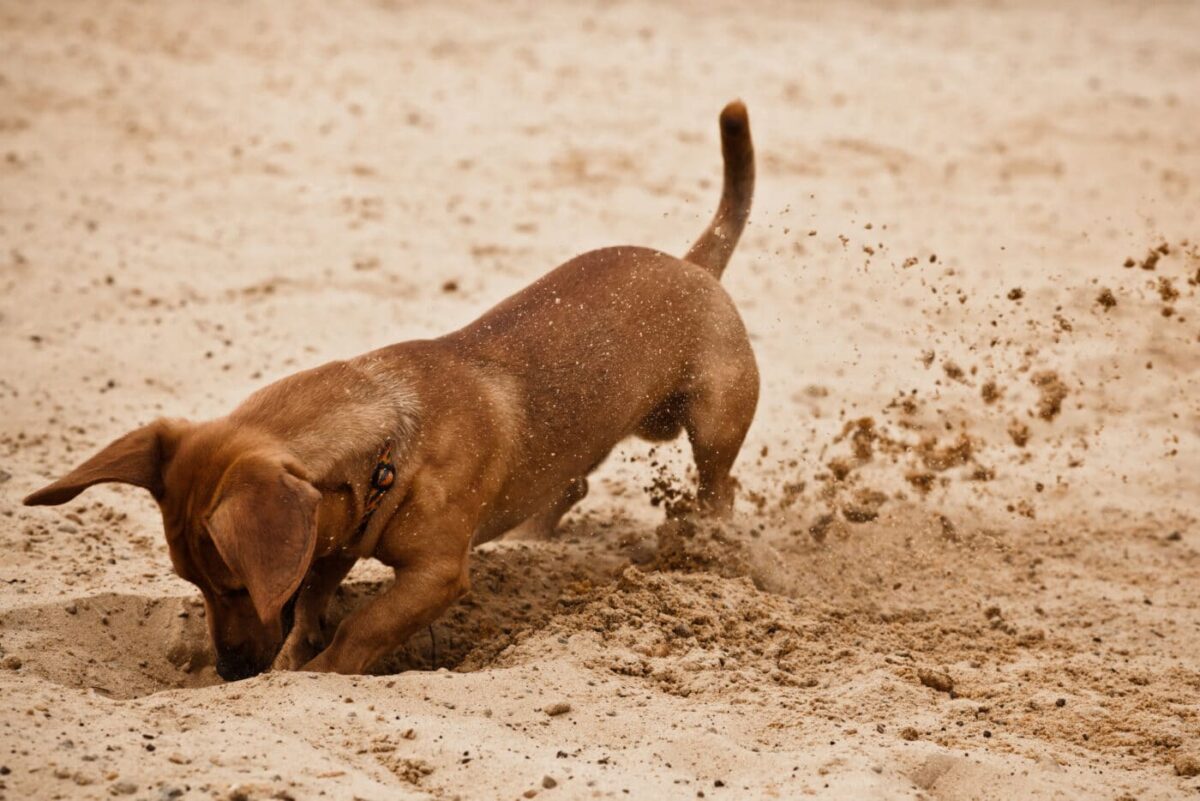 Shutterstock
Shutterstock
Dachshunds are small dogs with a big personality and an innate drive to dig, thanks to their history as hunting dogs. Known for their stubborn streak, Dachshunds often dig up yards, carpets, and furniture if they feel bored or frustrated. Their unique body shape doesn’t hold them back from burrowing into cushions or creating tunnels in soft surfaces. Dachshunds require mental stimulation and physical activity, but their love for digging can lead to unintended destruction even with these. Durable toys and a designated digging spot can help channel their instincts in a controlled way.
Great Dane
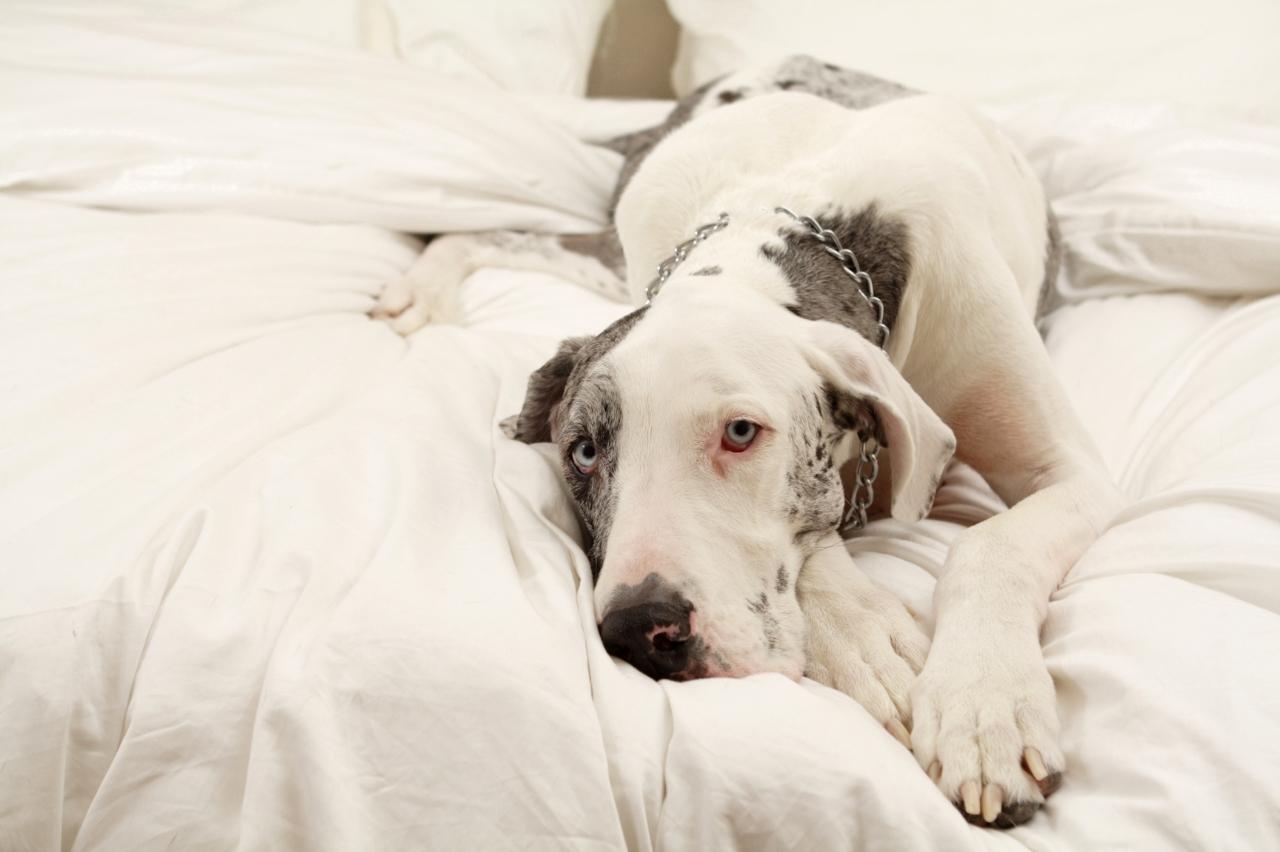 Shutterstock
Shutterstock
Despite their gentle nature, Great Danes are a large breed with immense strength. Their size alone means that they can unintentionally knock over or damage household items if they become rambunctious. Great Danes also tend to chew and require training to curb this habit early on. Due to their size, their “small” acts of destruction can result in significant damage. Although they’re known as “gentle giants,” their sheer size and strength mean that the results can be substantial when they do get into mischief. Plenty of exercise and training are essential to manage this breed’s power.
Chihuahua
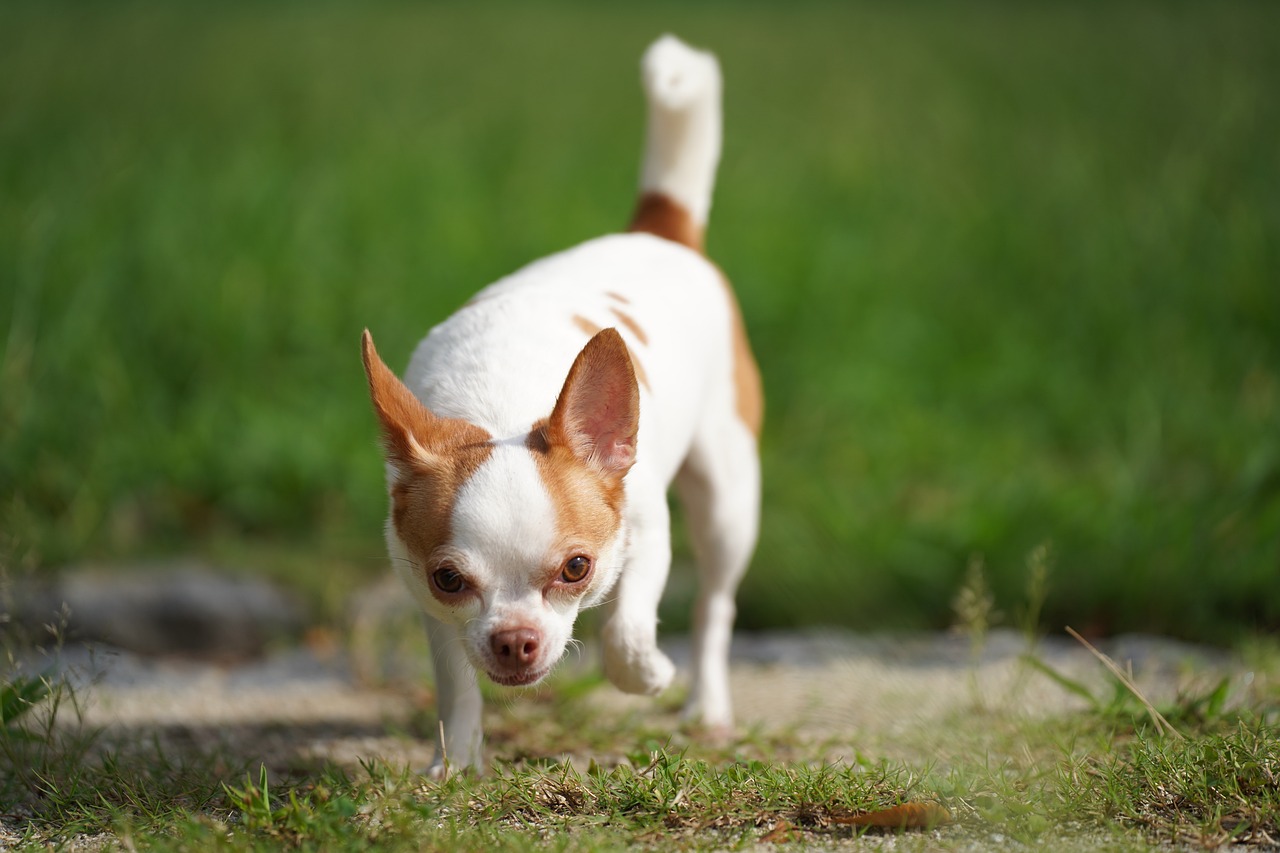 Shutterstock
Shutterstock
Chihuahuas may be small, but their bold personalities and stubbornness can lead to destructive behavior if they’re not adequately trained. Known for their fierce independence, Chihuahuas can be prone to chewing, digging, and marking furniture when they’re left to their own devices. These tiny dogs often try to assert their dominance, leading them into mischief, especially if they’re bored or insecure. Chihuahuas thrive with structure, gentle training, and interactive toys that keep them engaged and out of trouble. While they may be little, their destructive tendencies can still make a big impact.
Staffordshire Bull Terrier
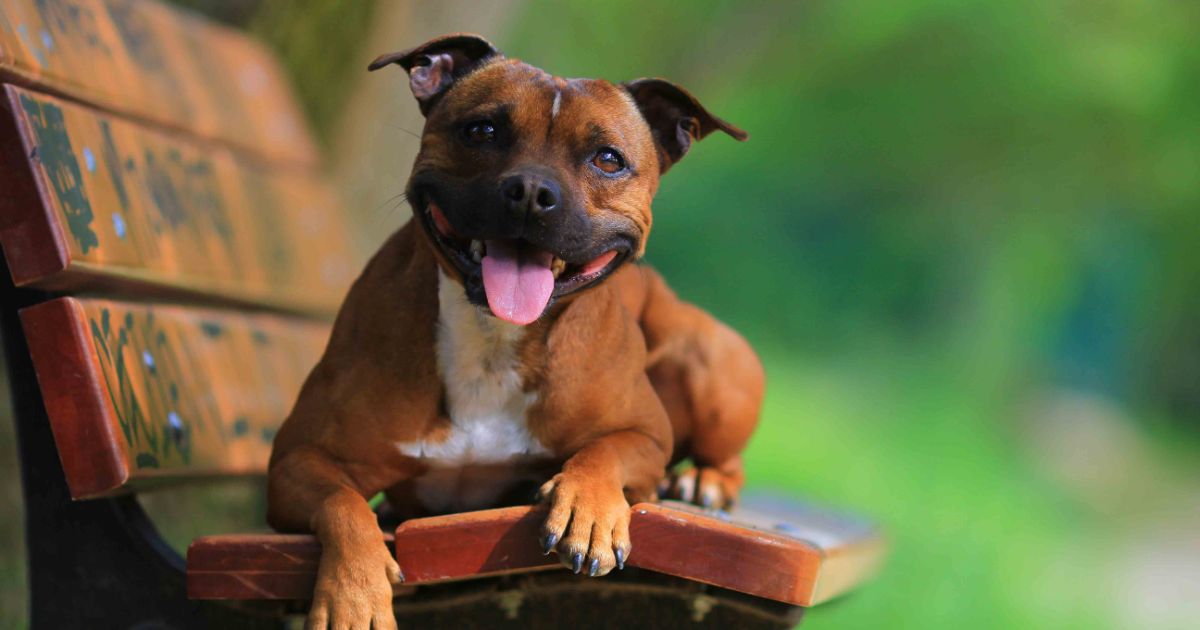
Staffordshire Bull Terriers, known for their strength and tenacity, are incredibly affectionate but can be highly destructive without proper exercise and mental engagement. Their powerful jaws mean they can quickly dismantle toys and furniture, especially if they feel anxious or bored. Staffies are incredibly loyal and crave human companionship, so when left alone for long periods, they might express their frustration through chewing or digging. With consistent training, durable toys, and daily exercise, Staffies can channel their energy into play and bonding, making them fantastic companions rather than destruction machines.
German Shepherd
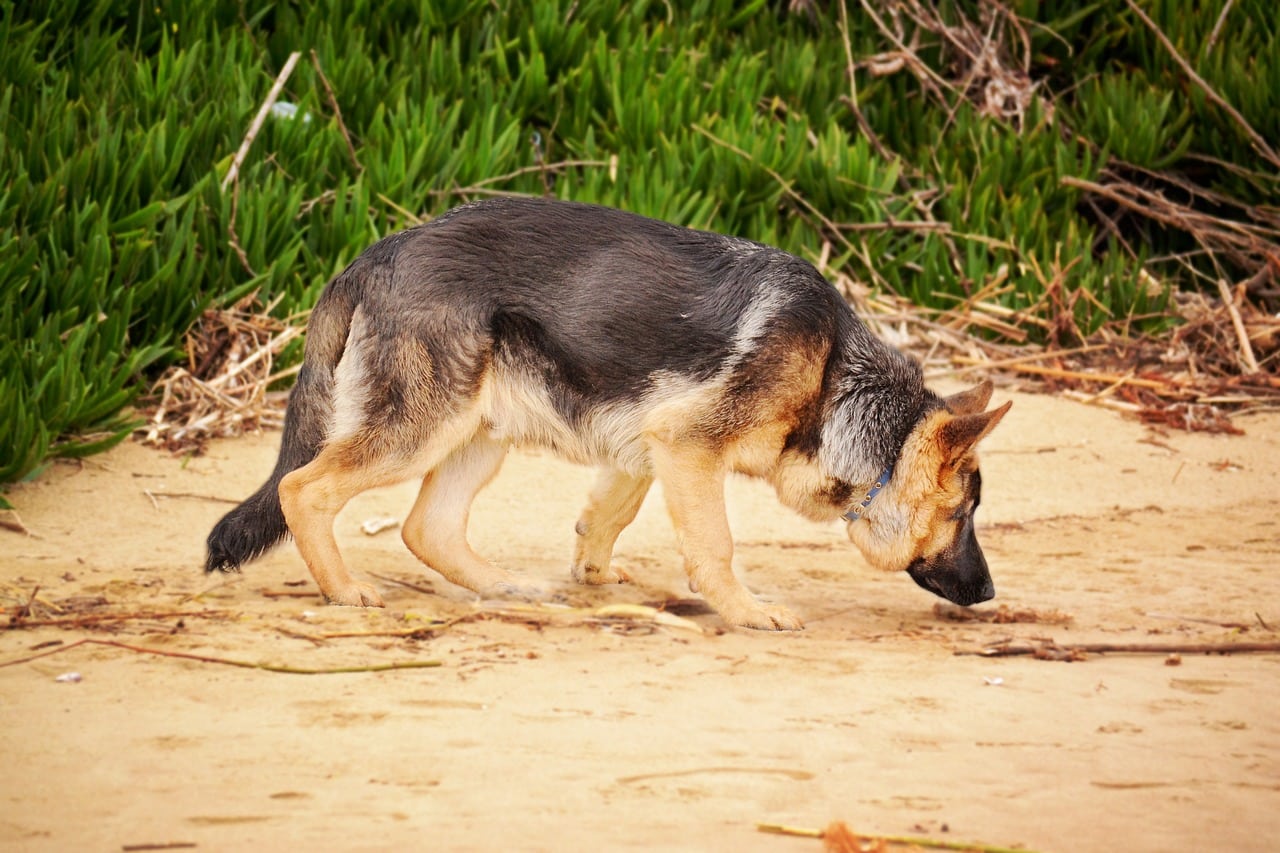 Shutterstock
Shutterstock
German Shepherds are highly intelligent and energetic, known for their loyalty and working capabilities. However, this intelligence and high energy can turn destructive if left unoccupied. German Shepherds need regular mental challenges and physical activity to keep them from chewing, digging, or attempting to escape enclosures. Their natural curiosity and drive make them excellent at finding ways to entertain themselves—sometimes at the expense of your belongings. German Shepherds thrive when given a purpose or task, so with the right stimulation, they’ll channel their energy into positive outlets, leaving your home intact.
Cocker Spaniel
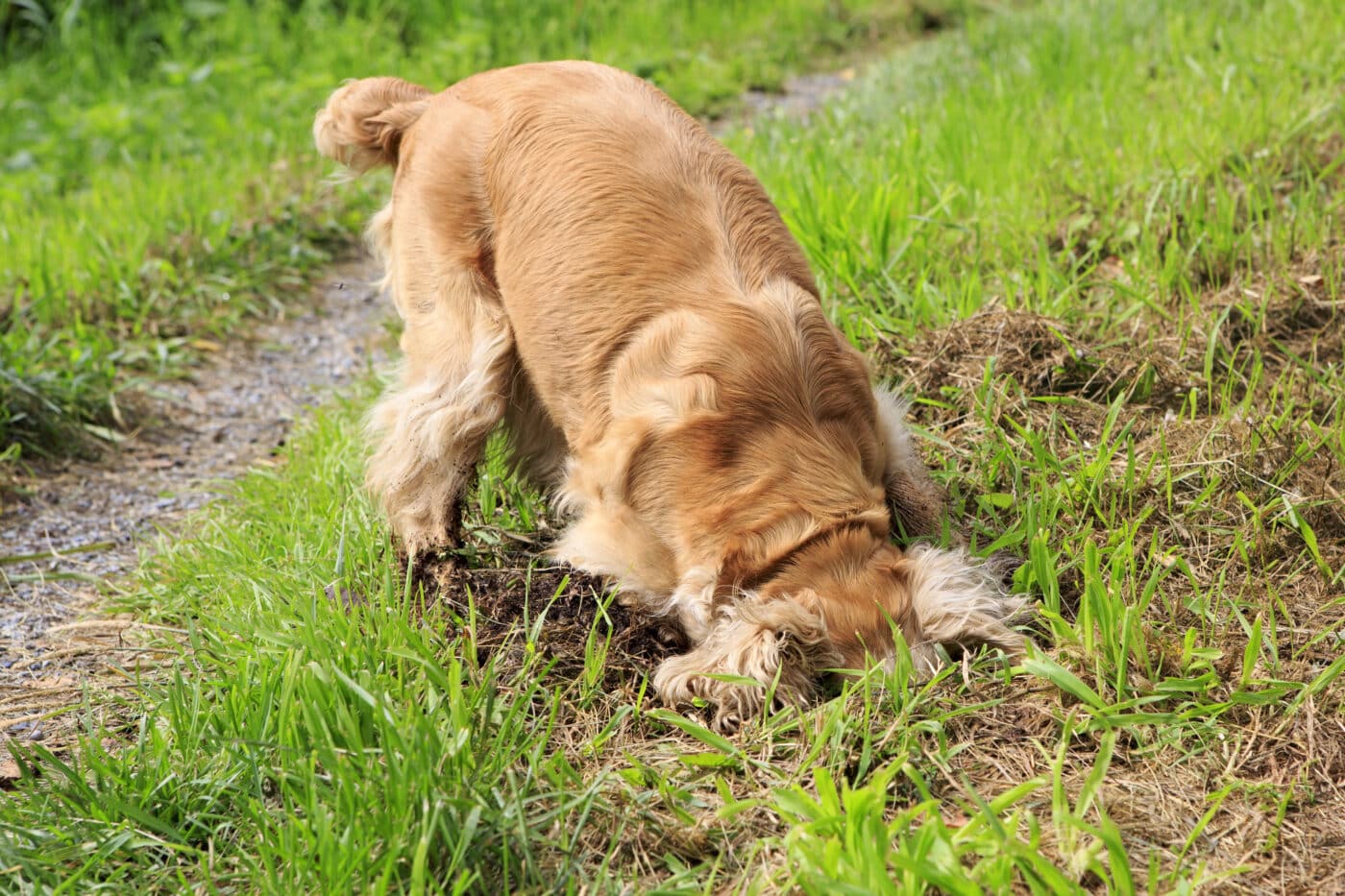 Shutterstock
Shutterstock
Cocker Spaniels are affectionate, lively dogs with a playful nature that can sometimes lead to a bit of destruction. Known for their love of exploring, Cocker Spaniels are prone to chewing, digging, and getting into things they shouldn’t if left under-stimulated. Their curiosity, combined with a high energy level, means they need regular physical activity and toys to keep them busy. With the right guidance, plenty of playtime, and training, Cocker Spaniels can channel their zest for life into play and companionship, leaving behind only memories and not mayhem.
Rottweiler
 Shutterstock
Shutterstock
Rottweilers are powerful dogs with strong jaws and a natural inclination to chew. While loyal and intelligent, Rottweilers can become destructive without enough exercise and mental stimulation. These dogs are often protective and curious, leading them to explore their environment with their mouths. Rottweilers require consistent training and durable toys to channel their energy positively. Their strength and determination make them capable of significant damage if left unchecked, so regular exercise and mental challenges are key to preventing their powerful jaws from turning household items into chew toys.
When Destruction Meets Adorable
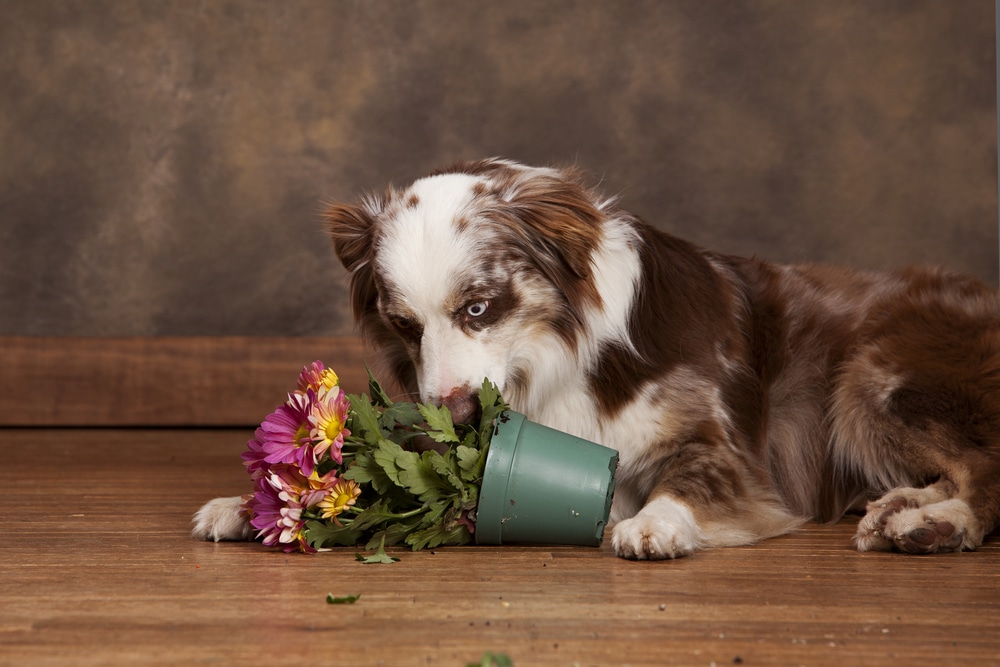 Shutterstock
Shutterstock
While these breeds might have a knack for causing chaos, they’re also some of the most loyal, loving, and entertaining dogs. By understanding their needs for exercise, stimulation, and companionship, you can help manage their more destructive tendencies and channel their energy positively. With the right training, structure, and plenty of engaging activities, these dogs can become wonderful companions who bring joy without the mayhem. Embrace their unique quirks, invest in durable toys, and prepare for a life full of love—and maybe a little chaos along the way!

 4 weeks ago
11
4 weeks ago
11
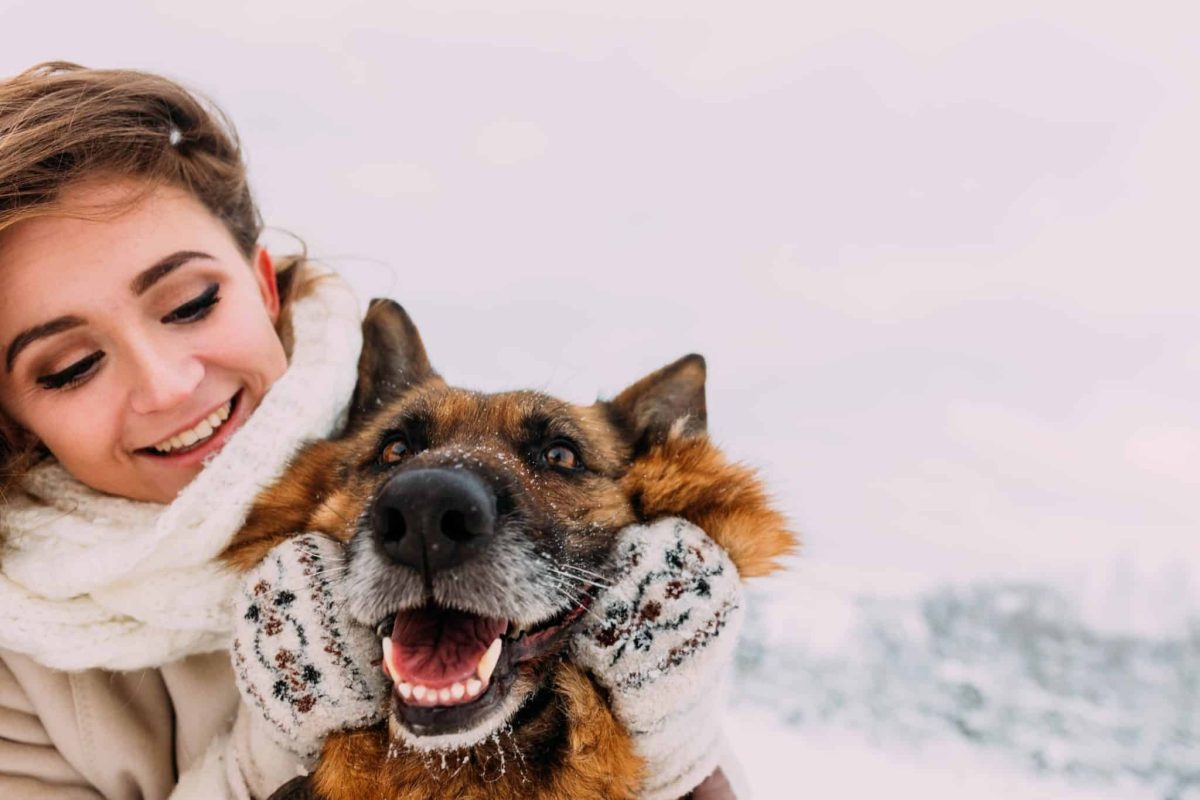

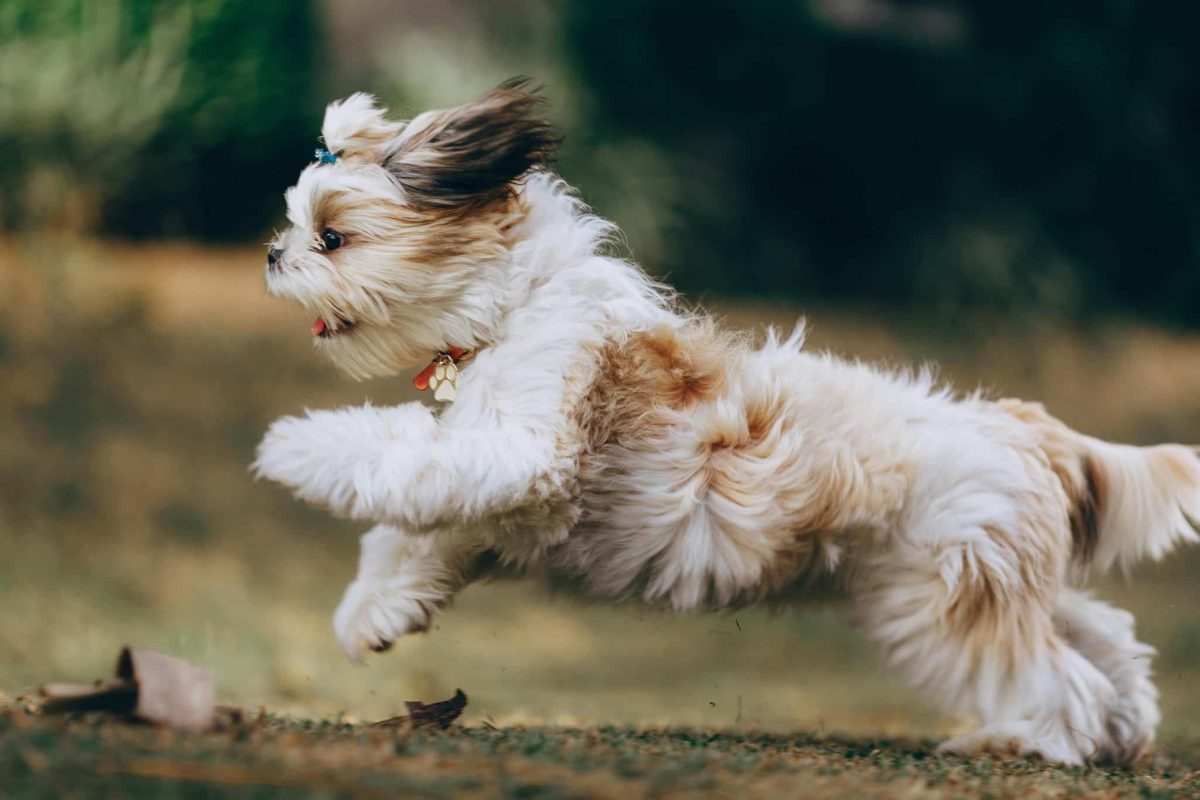
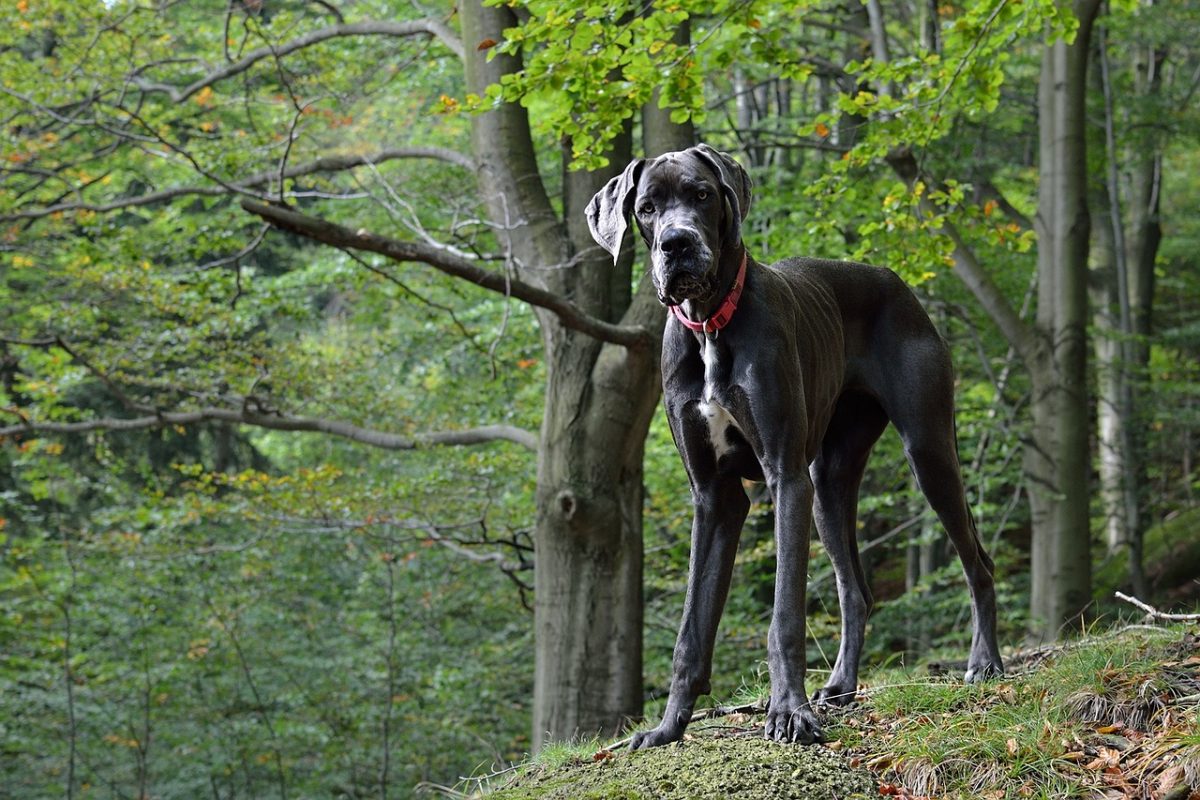


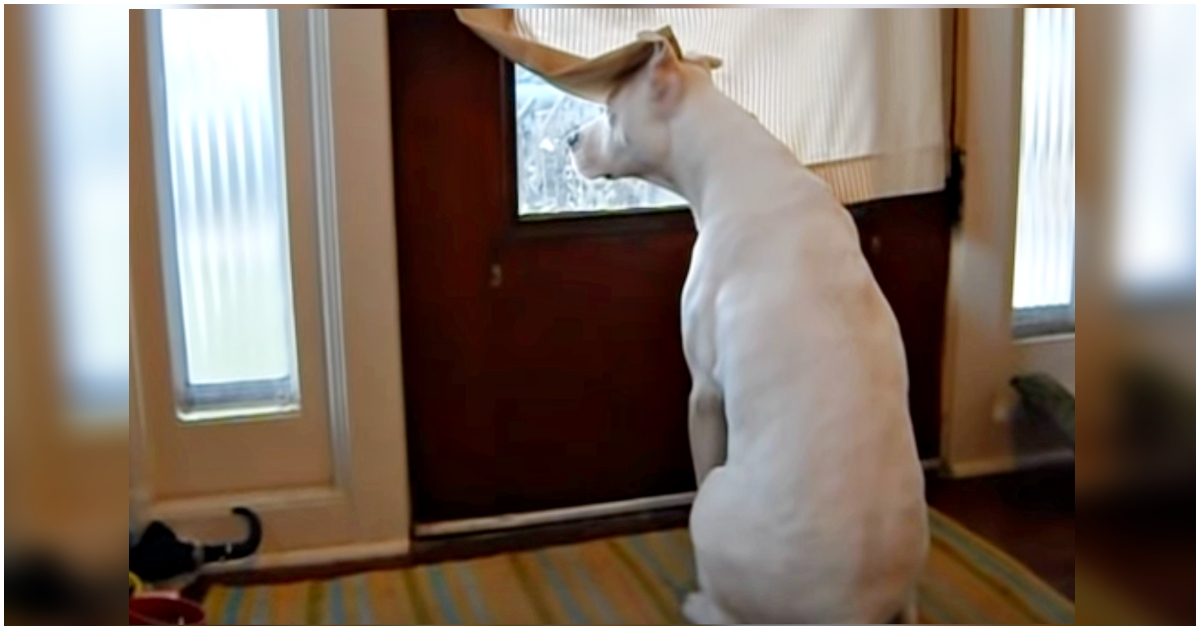
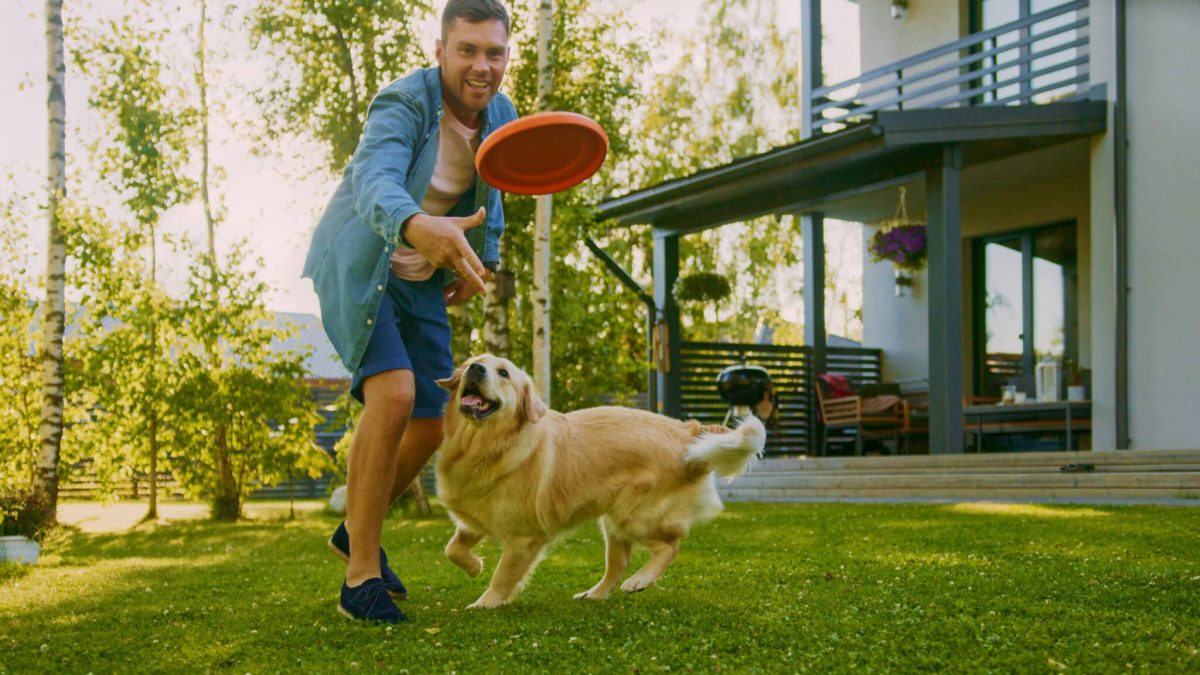
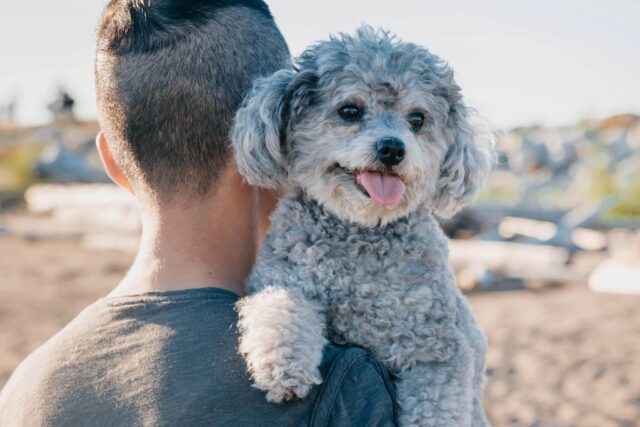
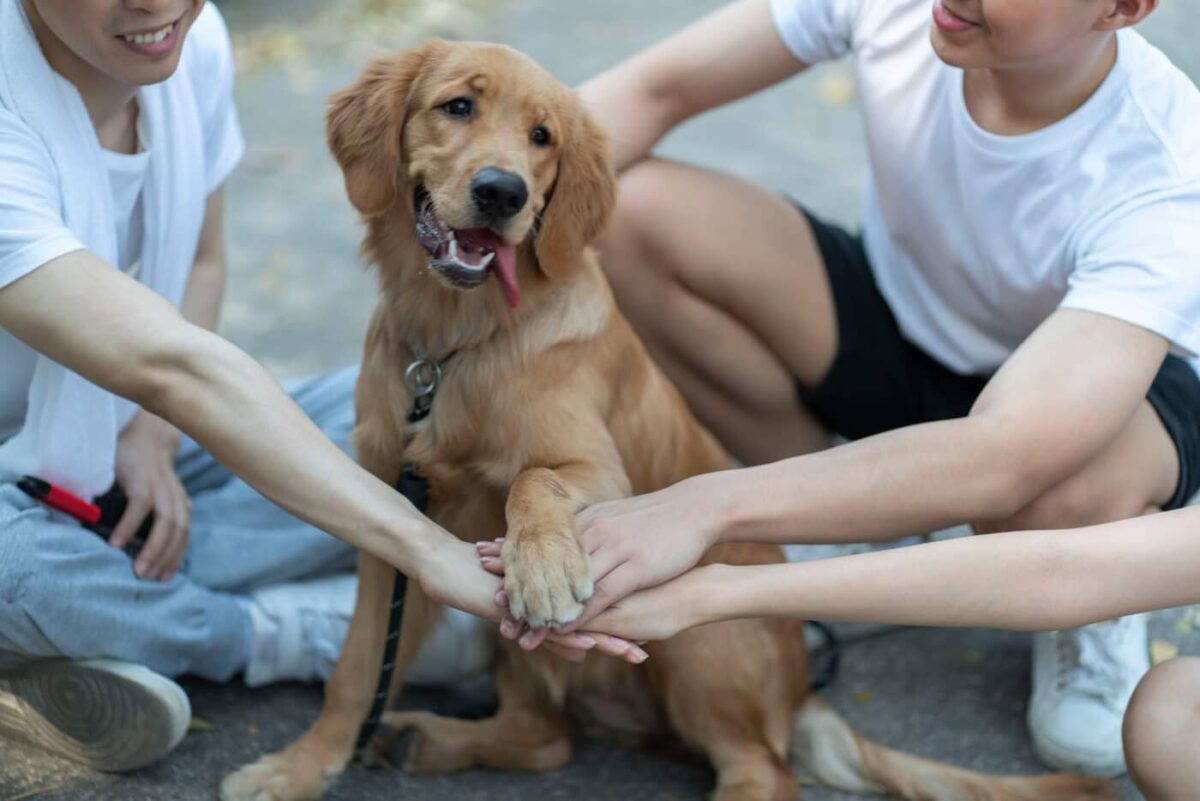
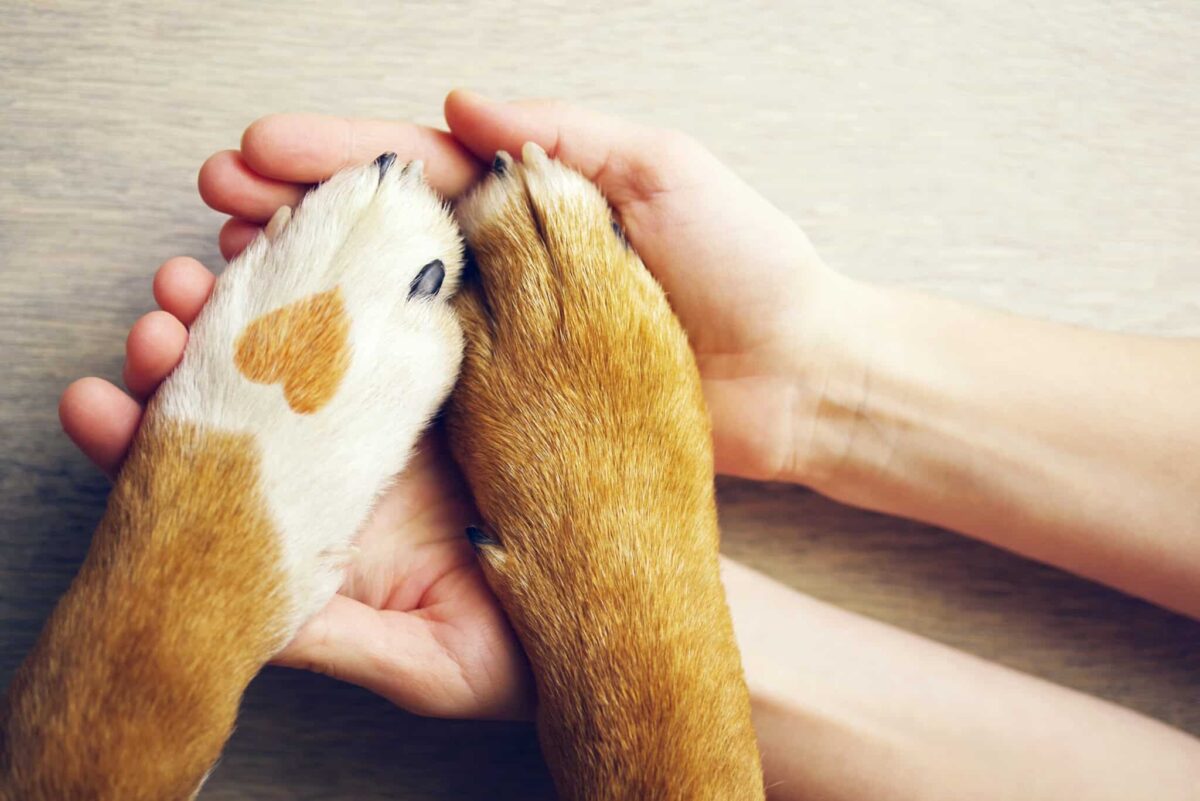

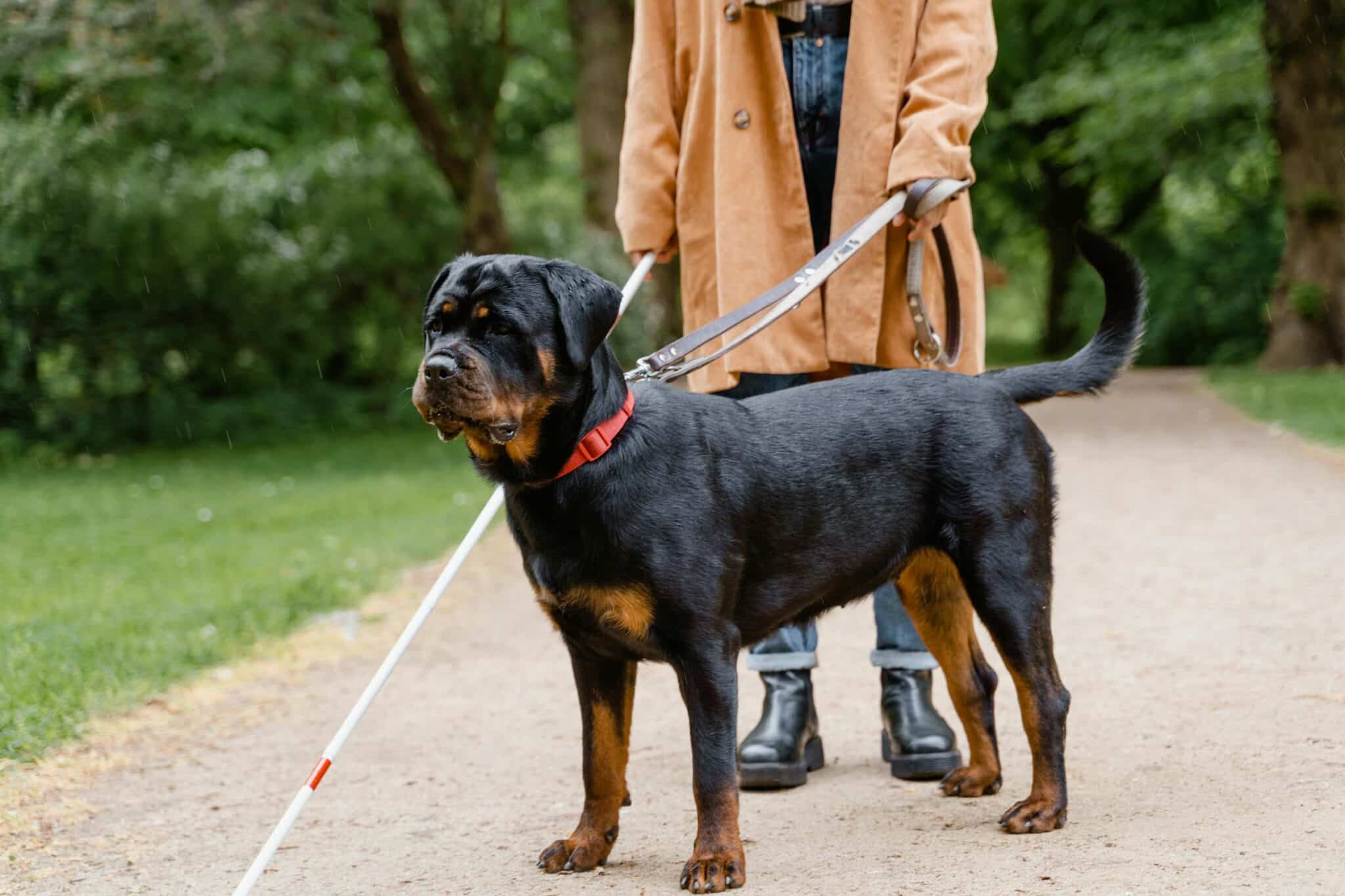
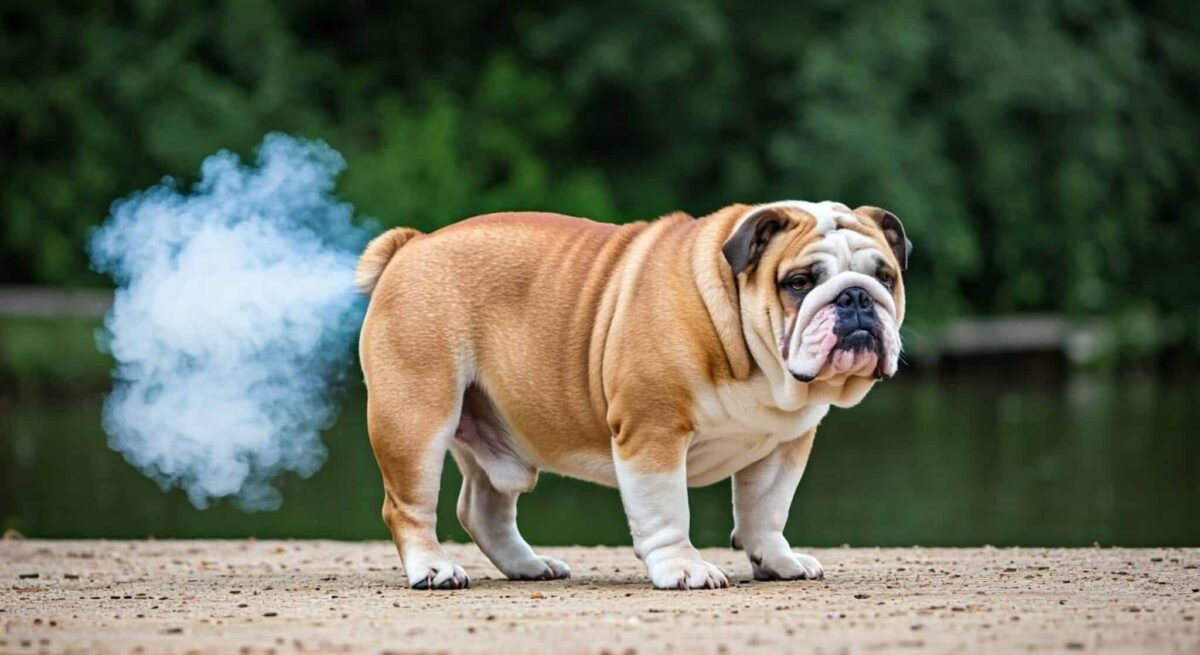

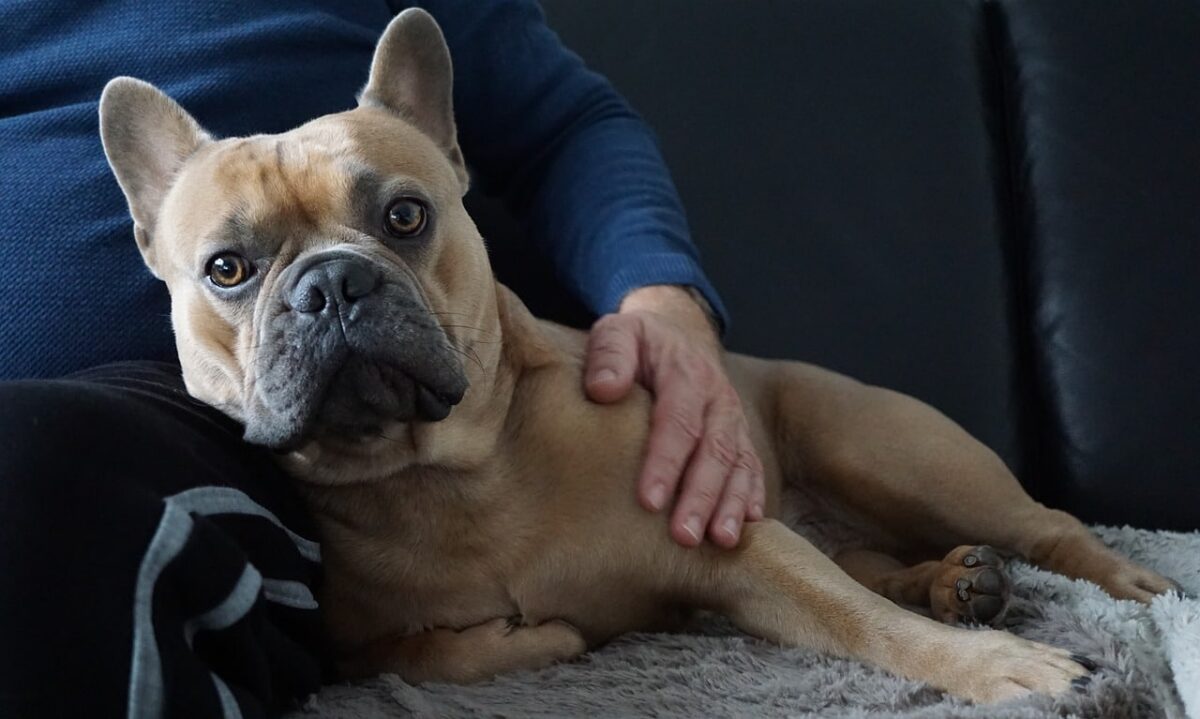
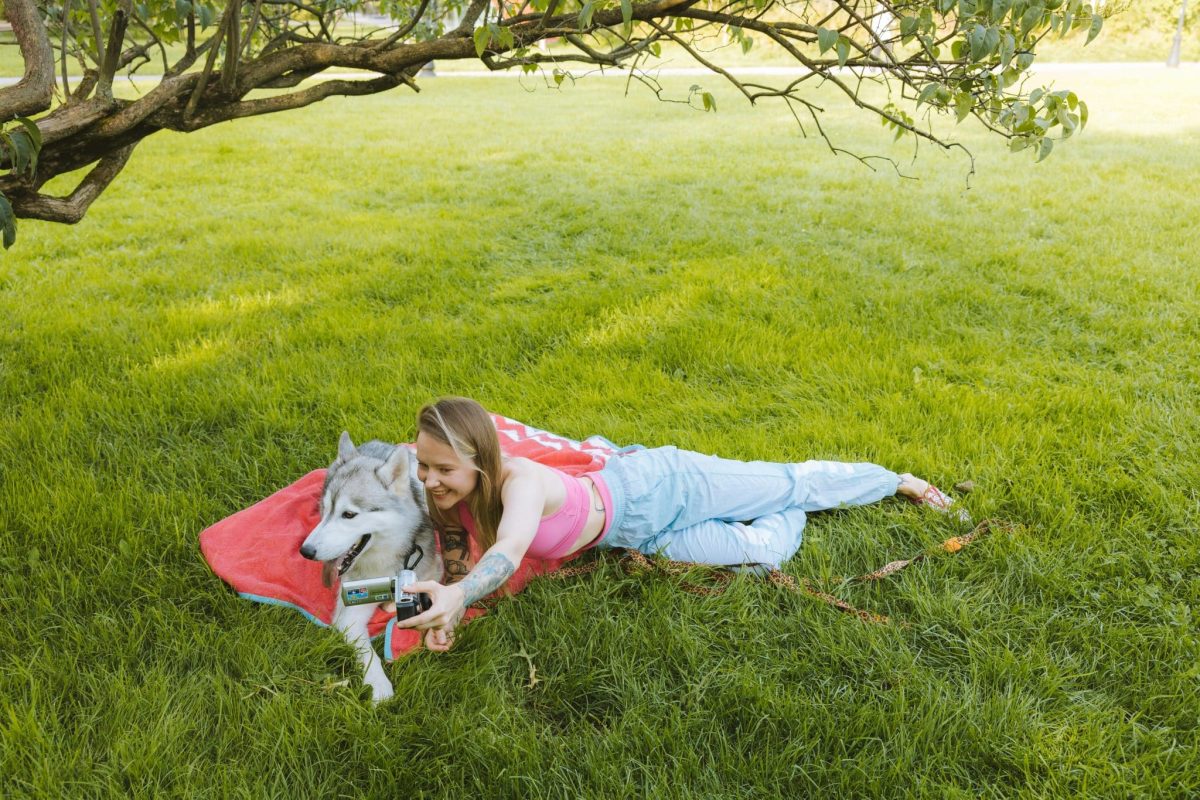

 English (US) ·
English (US) ·